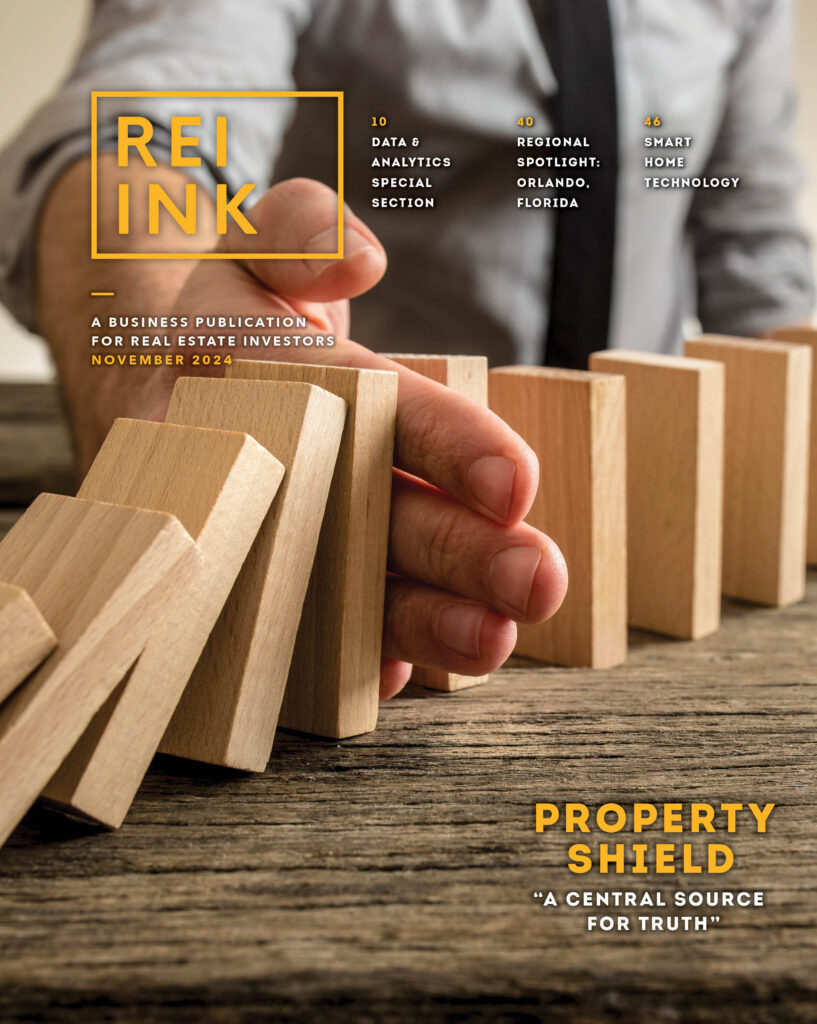What to Expect in Changing Times

When times change, people change too.
Bob Dylan famously sang, “The times they are a’changin.’” We can certainly say they’re a’changin’ as a result of COVID-19’s business as unusual. Here are just a few.
Impact of Working From Home
People are becoming accustomed to working from home. This means we’re going to see a lot of open commercial spaces.
Change always inspires creative entrepreneurs. We’re going to see a tremendous number of zoning changes primarily in commercial with mixed use. We’ll see shopping malls turned into condo projects, perhaps to accommodate people aged 55 and older, or perhaps a group of millennial entrepreneurs who envision a hub where everybody can share the space. We’ll see strip malls become mixed use, some even including residential space in order to get those properties filled.
Some families will continue to home school their children, which may impact the future location of schools.
The Great Reckoning
Because many more people are comfortable using their homes as satellite offices now, a trend that once saw people flowing to the city core will now see them moving back to the suburbs. People have realized they don’t mind an hour and a half drive because they’re not doing it five days a week. They want a better quality of life and work/life balance. They’re saying, “My world’s not the same anymore.”
Years ago, my oldest brother was a nurse who ran a national home health care organization and was a former president of the American Nurses Association. In a quest for a better work/life balance, he left everything behind and moved to Costa Rica. He got a part-time job working six weeks on and six weeks off in California. His interesting and diverse assignments included working on an Indian reservation and in a hospital. He ended up making more money working this rotation and enjoying an excellent quality of life than he did running a national organization. He decided not to wait for the next thing to happen to actually live his life.
I’m witnessing this same mindset today as people around the world reassess what’s really important during this unusual time. Like my brother, many people are saying, “I’m not going to wait to start living my life.” And now that they’ve been forced to reduce their working hours to 32 or 24 per week, they’re realizing they can actually make do on that income. Many will forego returning to the pre-pandemic hustle and choose instead to live simpler lives.
Waking up to Community
People move because of their circumstances. Traditionally, those circumstances included earning more or less money, relocating for a job, adding to their family or becoming empty nesters.
But now people are analyzing their place in a world that became more humanized overnight. People became neighbors again. They became part of a community. They were “all in this together.” There are countless stories of people genuinely helping and connecting with one another. Since they’ve been home, they’ve had time to think about: What do I really want for the rest of my life? What do I really want for my family? What do I really want my lifestyle to be?
The right answer for some people is to move to a smaller home because they’ve realized they don’t need all their space. For others, suburban McMansions will provide the solution. Instead of a cramped three-bedroom home, they will opt for a spacious home with four or five bedrooms so they can have a home office.
People will deliberately plan multigenerational households—and not just because their millennial kids moved back home. Some Gen Xers will choose to live with their parents. After being separated from them during the pandemic, they will want to be close and not want to waste the time they have left. Generations will pull together.
Opportunities for Real Estate Professionals
Real estate brokerages and agents will shift to meet these needs. We’re certainly seeing more brokerage owners considering mergers and acquisitions because they don’t want to jump back into the fray. A lot of them with smaller brokerages simply don’t want to keep up with the lightning speed of technology. They’re tired. Now that they’ve experienced a lull in business, they’re looking for alternatives that allow them to transition successfully and ensure their agents are cared for.
Agents, too, are moving because of their circumstances. Pre-pandemic, even if they were unhappy with the daily grind of making the next sale, they were reluctant to make a change. But the Universe forced us all to change. Suddenly we had to stay at home.
Character isn’t made in a crisis—it’s revealed. Many agents aren’t happy with the character they’re seeing in their leaders during this time. Because they don’t feel appreciated or heard, they’re assessing their options.
Agents who didn’t produce or pay attention to market knowledge will disappear. Those who remain will need to leverage technology, stay current with knowledge of the market and learn to read trends. Those who are able to do so will be able to identify and seize windows of opportunity for their clients.
Agents who are paying attention to the trends are keeping a close eye on planning boards and municipalities. As we see zoning changes, we’ll see business changes. Paying attention to zoning changes on shopping malls and being proactive might mean you can represent the condos. Changes to businesses will impact employees, which may lead to an opportunity for a proactive agent to educate them about their home ownership and refinancing options.
The next few months will shine a light on who has those skill sets. Agents will need to bring their A-game to be the solution for their prospects and clients. Accurate, thorough market knowledge combined with a focus on the needs of the person they’re serving will be key differentiators.
For example, one of our agents was helping a client find the right location for retirement. The ideal spot happened to be out of town, so the agent referred the client to an agent in the new town. Because our agent had solid market knowledge and an understanding of the client’s financial position and long-term goals, the agent suggested holding onto the primary residence to take advantage of rising home prices. Eventually, the client bought five investment properties. Over time, the agent benefited from seven transactions by being exactly the solution the client wanted.
People generally have no problem paying for an extraordinary experience with a solid return on investment. The client in the example was happy to pay the agent’s commission because his net worth increased by $2.4 million.
This pandemic has opened everybody’s eyes more than ever to the importance of relationships. How will somebody feel comfortable telling you they’re making money or losing money, that they’re afraid they’re not going to be able to pay their mortgage, or share their have dreams of bigger things, unless you get in close enough to build a relationship with them?
The most important thing as an individual, as a real estate professional or as a brokerage owner is to know who you are: Who are you in this mix? What do you represent? So, what’s next? I believe companies and individuals will take a long, hard look at who they are and what they want—and then work to align their values, beliefs and actions with their awakening.








